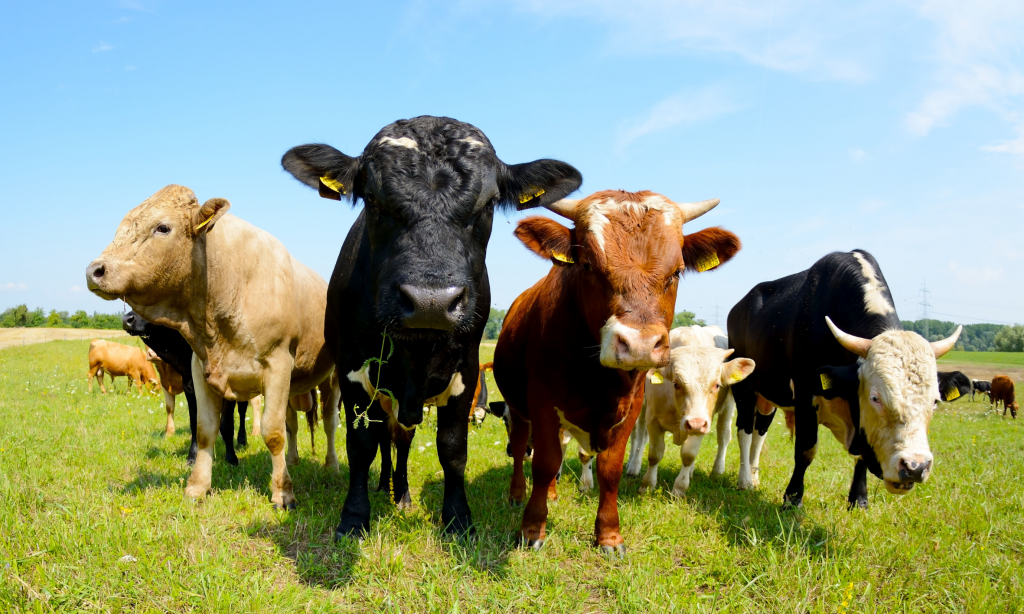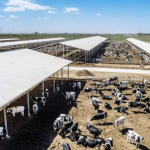
The report highlights that there were 25 fewer farm sales (-9.3%) in the three months ended May 2024 compared to the same period in 2023. The total number of farm sales for this period was 243, down from 268 the previous year. This also represents a 2.8% decline from the 250 farm sales recorded in the three months ended April 2024.
On an annual scale, 951 farms were sold in the year to May 2024, which is 232 less than the number sold in the previous year. This decline was observed across various farm types, with Dairy farms seeing a 26.3% drop, Dairy Support farms down by 24.2%, Grazing farms decreasing by 33.7% and Finishing farms falling by 17.2%. Conversely, Arable farms experienced a 14.3% increase in sales.
The median price per hectare for all farms sold in the three months to May 2024 was $26,915, a 2.8% decrease from $27,695 in the same period the previous year. This represents a 6.1% decline compared to the three months to April 2024. The REINZ All Farm Price Index, which adjusts for differences in farm size, location, and farming type, fell by 1% from the three months to April to the three months to May 2024 and saw a significant 12.8% drop compared to the three months ending May 2023.
Regionally, five areas recorded an increase in farm sales compared to the same period last year, with Auckland and Gisborne/Hawkes Bay seeing the most significant rise (+8 sales each). However, Manawatu-Whanganui and West Coast experienced the largest declines, with -12 and -11 sales, respectively. Six regions saw increased sales compared to the three months to April 2024, notably Otago (+7 sales) and Nelson/Marlborough (+3 sales).
Dairy Farms

The median sales price per hectare for dairy farms was $35,135, showing a modest annual increase of 1.2%. However, the price per kilo of milk solids dropped by 17.6% over the year to $30.45. The REINZ Dairy Farm Price Index declined by 2.3% from the three months to April to the three months to May 2024 and by 17.4% compared to the previous year.
Finishing Farms

The median sale price per hectare for finishing farms decreased by 12.3% over the past 12 months to $32,830. This sector saw a 1.2% increase compared to the three months ended April 2024.
Grazing Farms

The median price per hectare for grazing farms fell by 2.6% over the past year to $13,880. This sector also recorded a slight increase from the three months to April to the three months to May 2024.
Horticulture Farms

Experiencing the most substantial decline, the median sales price per hectare for horticulture farms dropped by 22.6% over the past year to $300,000.
Note:
The information provided by REINZ in relation to the rural real estate market covers the most recently completed three-month period; thus, references to May 2024 refer to the period from 1 March 2024 to 31 May 2024.
The REINZ Farm Price Indices have been developed in conjunction with the Reserve Bank of New Zealand. It adjusts sale prices for property specific factors such as location, size and farm type which can affect the median $/hectare calculations and provides a more accurate measure of farm price movements. The REINZ Farm Price Indices has been calculated with a base of 1,000 for the three months ended March 1996. The REINZ Farm Price Indices is best utilised in assessing percentage changes over various time periods rather than trying to apply changes in the REINZ Farm Price Index to specific property transactions.
From March 2021 there has been a change in the methodology for calculating rural statistics. To date, the rural statistics have referred to a Return Period which is the month in which a sale record was submitted to REINZ. Going forward, the rural statistics will refer to an Unconditional Month i.e., the month in which the
sale went unconditional. This change in methodology ensures that sales that took place in April, for instance, are recorded against April even if they were submitted to REINZ late. The change also brings Rural statistics calculation into line with the Residential statistics calculation, where the Unconditional Month
approach has been used successfully to calculate Residential Statistics for several years now. The Unconditional Month methodology also ensures that the most up-to-date state of the REINZ database is reported at the time the data is released with revision of prior months statistics often occurring to reflect the submission of late data or sale amendments that took place after the prior statistics release.
In addition to the calculation period change there are two additional changes to the data worth noting:
1. 12 Districts have been replaced by 13 Regions. These are consistent with the parts of the residential press release and it has been done to be consistent with regional definitions outside REINZ e.g., Statistics NZ
2. Dairy Support is a new farm category and we now have the ability to separate Lifestyle Blocks into Bareland and Farmlets.
If you have any questions regarding this change in methodology, please email statistics@reinz.co.nz.






















